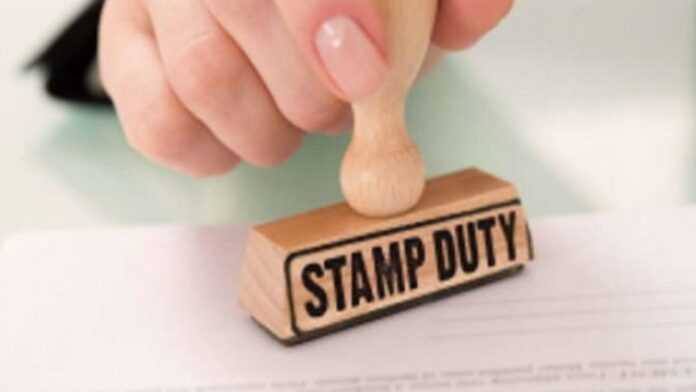In an attempt to boost the economy and the sale of real estate, Chancellor Rishi Sunak announced a measure known as stamp duty holiday that could save a homeowner approximately £2,000, or more, when he or she purchases property. It is essential to understand this crucial change in stamp duty, for both buyers and sellers. Before you start looking at a free online house valuation to find out the value of your home in the current real estate market, take a moment to understand what stamp duty holiday is and who it benefits.
Let’s start with the basics: What is stamp duty?
Stamp Duty, also known as the Stamp Duty Land Tax, is a tax that was levied on land and property transactions. The Labour government implemented this tax in 2003. Stamp duty is a certain percentage of the total value of the property that has to be paid on the purchase. First-time buyers do not have to pay stamp duty as long as the property does not cost more than £500,000. Investors who are purchasing a property of over £1.5m have to pay 12 per cent of the total value in stamp duty.
What is the stamp duty holiday?
Chancellor Rishi Sunak has announced that the government will lift the threshold for stamp duty. This means that buyers who are investing in property amounting up to £500,000 will not have to pay any stamp duty. This could save a buyer anywhere between £2,000 to a whopping £15,000 depending on the size of the investment!
What were the old stamp duty rates?
Buyers who were purchasing property up to £125,000 did not have to pay any stamp duty. Buyers who bought property between £125,001 to £250,000 had to pay 2 per cent stamp duty while transactions between £250,001 to £925,000 amounted to 5 per cent stamp duty. Real estate transactions over £925,000 and limited to £1.5m were charged 10 per cent stamp duty whereas transactions above £1.5m had a 12 per cent stamp duty.
What are the new stamp duty rates?
Real estate transactions up to £500,000 will not be charged any stamp duty. Transactions between £500,001 to £925,000 will be charged 5 per cent stamp duty whereas transactions between £925,001 to £1.5m will be charged 10 per cent stamp duty. Whilst the, real estate transactions above £1.5m will be charged 12 per cent stamp duty.
Why has the stamp duty holiday been introduced?
After Covid-19 and the lockdown, property prices took a huge hit. To boost the economy and urge people to invest in property, the government decided to temporarily suspend stamp duty for lower real estate transactions and reduce the percentage of stamp duty on higher real estate transactions. This move will hopefully encourage buyers to invest in real estate. People who might have considered buying real estate next year will prefer to make use of this enormous tax break and think about making this considerable investment sooner rather than later.
Who will benefit from the stamp duty holiday?
Of course, since buyers have to pay the tax on real estate transactions, this huge tax break will be a great benefit for them. While this move does not impact first-time buyers as they were already exempt from stamp duty, people who are thinking about moving to a bigger home or investing in a new property will undoubtedly see the benefits of this stamp duty holiday. Keep in mind that the economy of the UK as a whole will also benefit. By temporarily suspending stamp duty, the government is hoping to increase buyer confidence, ensure that more buyers enter the real estate market and encourage investors to invest in the real estate market sooner rather than later.
Who will not benefit from the stamp duty holiday?
Investors who are looking to invest in luxurious properties, high-end villas, exclusive penthouses and million-dollar mansions will not benefit as most of these real estate properties will be valued at a price much higher than £1.5m.
Is there a downside to stamp duty holiday?
Since the demand for real estate will most likely increase during the period of stamp duty holiday, it is expected that there will be a slight slump in the real estate market once stamp duty holiday is over. However, considering this is the government’s way to boost the economy and increase buyer confidence, in the long-run, this will not be considered a downside.
Has stamp duty holiday been introduced before?
Yes, the stamp duty holiday was first introduced during the recession in 1991 and 1992. Then, during the financial crisis, the stamp duty holiday was raised again in 2008 up till 2009.
Is stamp duty holiday beneficial for me?
Depending on the value of the property that you are investing in, calculate and compare the amount of stamp duty you have to pay – original stamp duty vs stamp duty holiday. You will be able to see the monetary benefits for yourself!






















